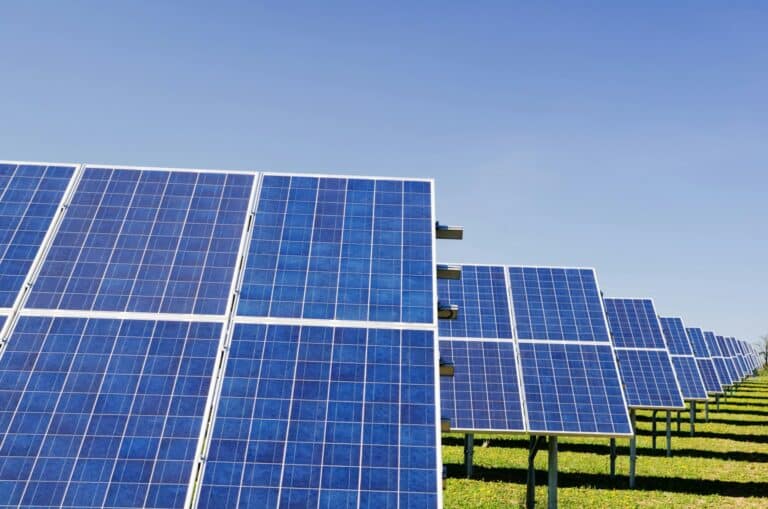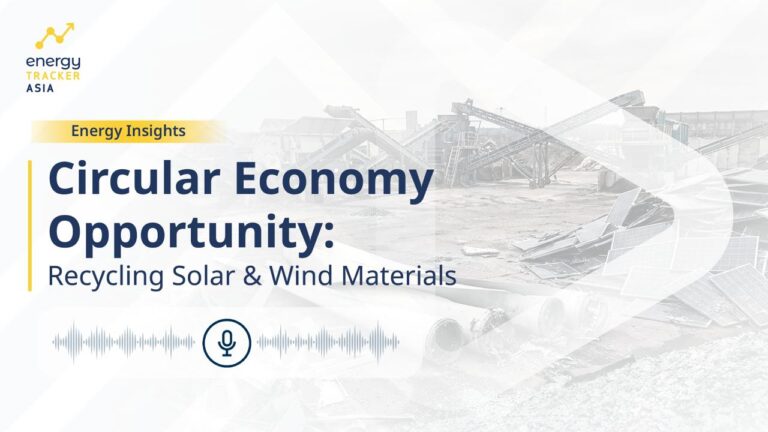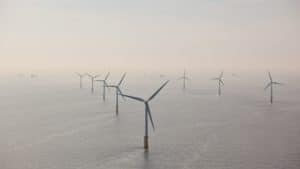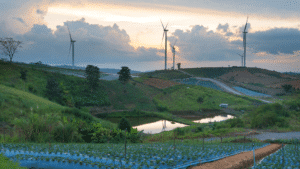Features

2026 Thailand elections: Climate and Energy Take a Back Seat
Analysts don't expect the winning party to prioritise climate and the energy transition as standalone items in its political agenda, but instead consider them enablers for economic growth. Regardless of the approach, Thailand needs to phase out fossil fuels and accelerate renewables deployment to boost energy security, alleviate air pollution and ensure massive cost cuts.
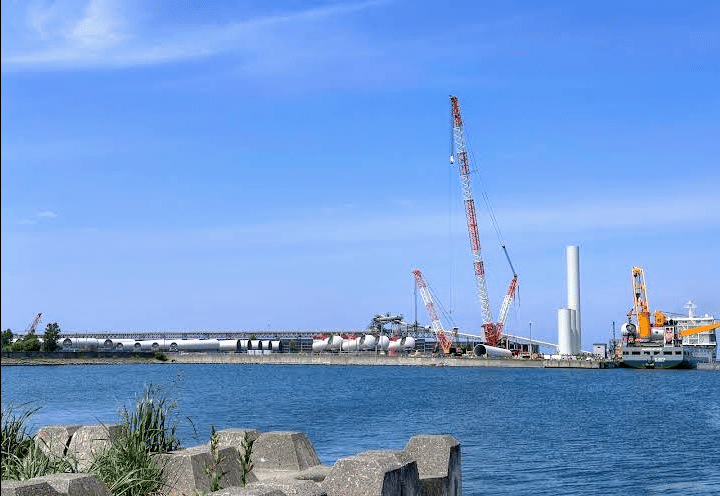
Japan’s Offshore Wind Plans Find Hope
Japan’s offshore wind ambitions face a costly, slow rollout, with only about 253 MW online and Mitsubishi withdrawing from the 1.76 GW Akita and Chiba projects slated for between 2028 and 2030. Analysts warn that without stronger policy support, clearer offtake and improved grid and supply-chain frameworks, the 2030 target of 10 GW and 2040 target of 45 GW look increasingly out of reach.
Renewable Energy
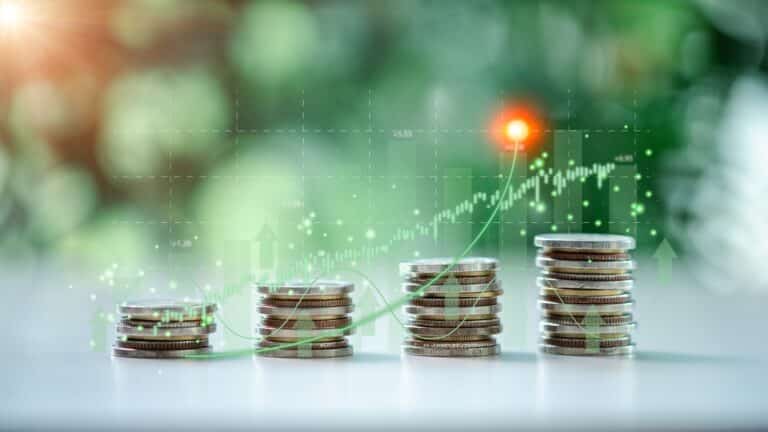
Top Five Green Energy Stocks in India for 2026
India’s green energy push is scaling rapidly, backed by long-term PPAs, robust grid expansion and strong government support, with a goal of 500 GW in non-fossil capacity by 2030. Foreign capital flow and domestic manufacturing upgrades are fueling a multi-year growth runway in solar, wind and storage, even as tender pace moderates in the near term. Key players such as Adani Green, Suzlon, Waaree Energies, Premier Energies and ACME Solar are well-positioned to benefit from stable cash flows and expanding export opportunities.
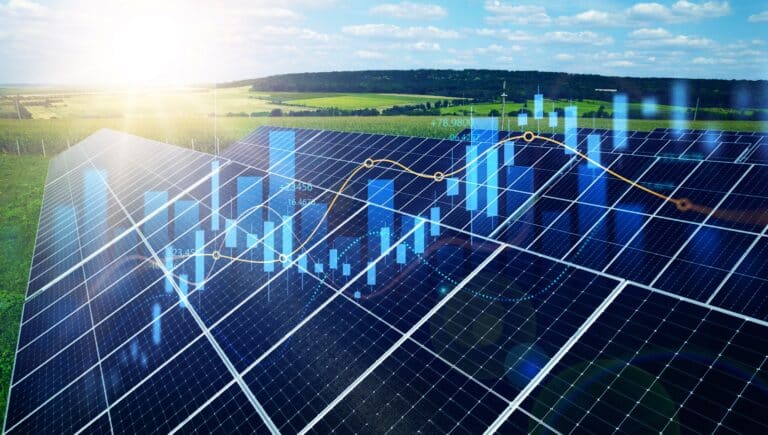
Best Renewable Energy Stocks to Buy in 2026
Renewable energy equities are shifting from policy-driven bets to market-driven growth in 2026, with major players delivering contracted cash flows, scalable platforms and AI-powered demand. From NextEra and Brookfield Renewable to solar manufacturers like First Solar and innovators like Nextpower, the sector now blends defensive stability with upside growth as data centres and electrification accelerate demand. This market migration could redefine core portfolios as clean-energy fundamentals align with a multipronged growth thesis.
Fossil Fuel

After Seizing Venezuela Oil, Trump Quits 66 International Organisations: The Impacts
Scientists, market experts public and private stakeholders argue that Trump's latest moves won't erase climate science. While they will definitely derail the global efforts to tame the climate crisis, the biggest damage would be done to the US, its economy, global stature and relationship with allies.
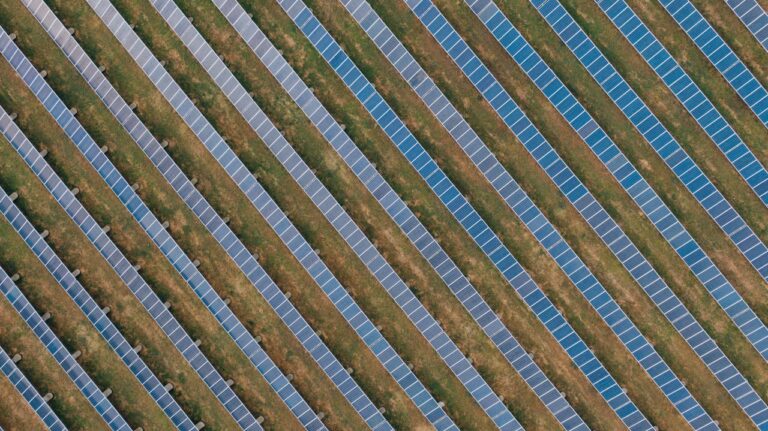
Proposed Ammonia Co-firing Solutions More Expensive than Renewables
The LCOE for ammonia co-firing exceeds that of renewable electricity, rendering Southeast Asia’s plans economically unfeasible. According to experts, instead of exposing themselves to the financial, environmental and health risks associated with ammonia co-firing, ASEAN nations should prioritise the accelerated deployment of renewable energy.
Region
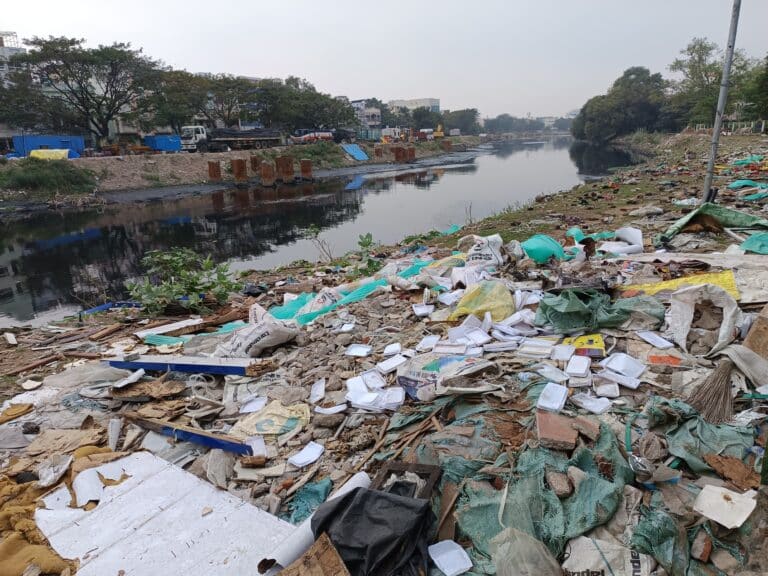
The Most Polluted River in India Is Not the Ganga or Yamuna
India’s river pollution crisis has a new face: the Cooum in Chennai, now considered the country’s most polluted waterway. Across 46% of India’s rivers, contamination from untreated sewage, industrial discharges and waste is threatening public health, livelihoods and ecosystems, with major stretches, such as the Yamuna and Sabarmati, illustrating the depth of the challenge. The drivers, impacts and the urgent policy gaps must be addressed to reverse decades of neglect.

Water Pollution in India and Its Toll on Rivers and People
Water pollution in India remains an urgent crisis, threatening public health, ecosystems and the economy despite ongoing cleanup efforts. With 40% of monitored river stretches failing to meet basic water-quality norms and groundwater contamination on the rise, urgent, coordinated action is needed to safeguard the country’s scarce freshwater resources.
